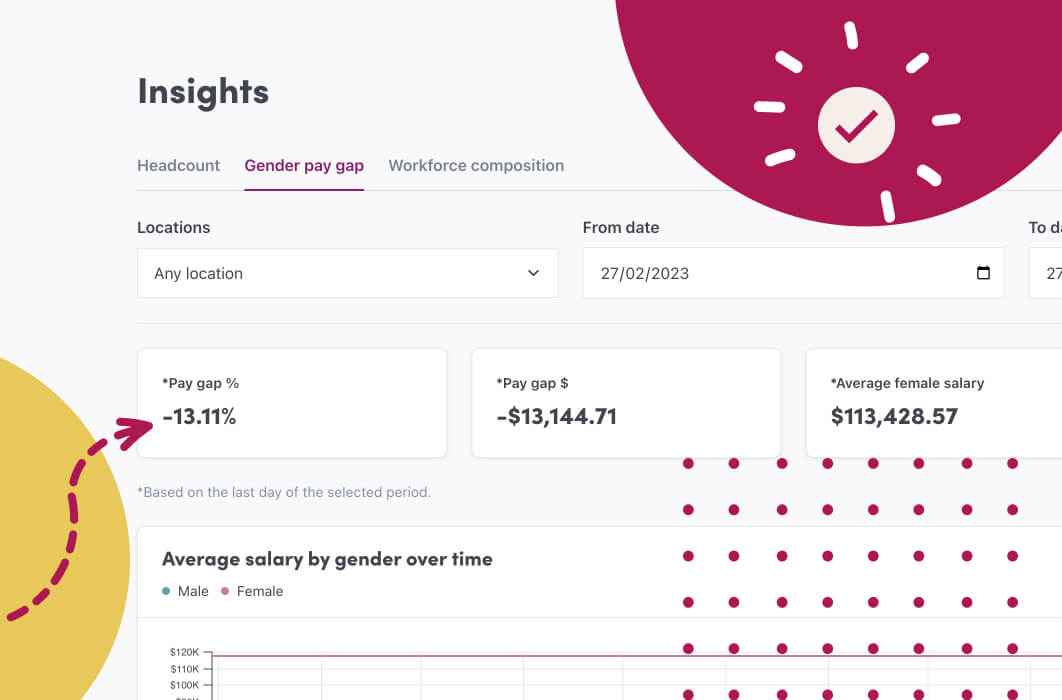On Saturday 21st May, Australia decided who will lead the government at a national level for the next 3 years. Of course, ousting the Liberal party will bring with it a number of changes to policy, and employment law is no exception.
So what changes can we expect to employment law now the ALP have taken control of parliament?
There are 8 key changes we can expect, including:
1. Gig economy workers
2. Job security
3. Limiting fixed term contracts
4. Gender pay and pay secrecy requirements
5. Criminalising underpayment or ‘wage theft’
6. Change to the definition of casual employees
7. Implement additional portable long service leave and other entitlements
8. Implementing all recommendations in the Respect@Work report
Keep on top of a changing compliance landscape
Worknice is HR software for growing businesses. No more headaches – find out how.
GO NOW1. Gig economy workers
The first change is in relation to gig economy workers. The Labor Party has made it very clear that they intend to amend the Fair Work Act to include employee-like relationships within its purview. What does this mean? Well, at the moment, there is some conjecture around whether workers such as Uber drivers are employees or independent contractors. To the extent they’re independent contractors, they’re not entitled to things like leave, minimum pay, and even being able to bring an unfair dismissal claim. So if these workers are actually caught by the Fair Work Act and entitled to such conditions and entitlements, then that’s going to be a pretty significant change for gig economy businesses.
2. Job security
Change number two is in relation to job security. The Labor government want to amend the Fair Work Act to make job security an express objective of the Fair Work Commission. It’s unclear what impact this might have, but the Commission would have to examine things like job security when they exercise their powers, including reviewing modern awards.
3. Limiting fixed term contracts
Change number three, and on that job security theme, the Labor Party want to limit the amount of time an employee can be employed under a fixed term contract to a maximum of 24 months. So this would mean a business could no longer, for example, issue a fixed term contract and then extend that and extend that beyond 24 months. Read more about the fixed term contract changes launched December 6th 2023.
4. Gender pay and pay secrecy requirements
The next change is in relation to the gender pay gap. The party wants to legislate that for any businesses with employees over 250, that they must publicly disclose their gender pay gap and also prohibit pay secrecy clauses in employment contracts. For example, clauses that say that pay and remuneration is confidential and that they must not discuss that with any other employee or person.
5. Criminalising underpayment or ‘wage theft’
The next change is a significant one in relation to what the Labor Party calls wage theft. They want to make it a criminal offense to underpay employees. It’s unclear what this would look like whether for example you’d have to knowingly underpay your employees or whether or not it would be sufficient to be reckless in relation to the payment of employees. In any case, this would be a significant change particularly for businesses that are operating in states and territories that do not have any state wage theft legislation.
Subscribe to more news and free templates
6. Change to the definition of casual employees
The next change is in relation to the definition of casual employees. You may be aware that there was a change to that definition last year under the current government. The Labor Party wanted to amend this definition that was inserted to be in line with the common law. To cut a long story short, this would potentially make it more difficult for businesses to argue that a worker or employee is actually a casual employee if they are working regular in systematic hours.
7. Implement additional portable long service leave and other entitlements
Next change in relation to portable entitlements at the moment. For example, you may be aware that there are portable long service leave for particular industries such as cleaning, building and construction. The Labor Party want to consult with states and territories that have these schemes and think around whether or not there may be a federal portable schemes that are appropriate for particular industry.
8. Implementing all recommendations in the Respect@Work report
And last but not least, they want to implement all 55 recommendations of the respective work report in relation to safety at work and sexual harassment. At the moment, a number of those recommendations have not been implemented and are not planned to be implemented.
Need expert HR advice?
Worknice partners with Source HR
On-tap HR services, without the in-house price tag
Worknice has partnered with Source to provide expert advice that leverages our technology platform. Get on-tap access to a team of experienced HR specialists and employment law professionals to help your business and people thrive. Whether you want ongoing HR support on a monthly retainer basis, or you just need HR expertise for specific projects, Source HR can help.



